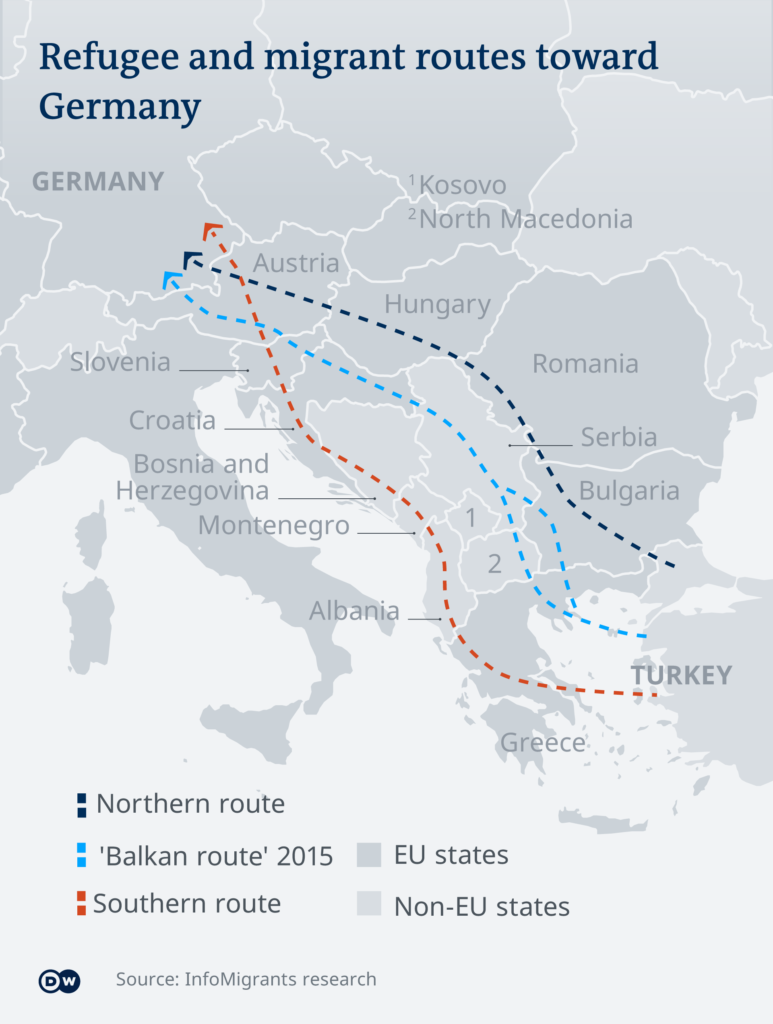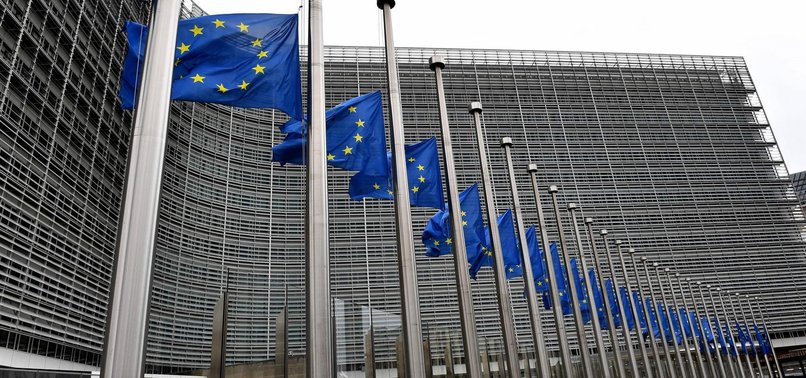On Wednesday, European Union member states reached a consensus on how to manage irregular migration during periods of particularly high arrivals, making a first step toward updating the bloc’s immigration and refugee policies ahead of a pan-European election in 2019.
After resolving the most recent dispute between Italy and Germany over charity ships that are picking up people in the sea as refugees and migrants from the Middle East and Africa attempt to cross the Mediterranean Sea for Europe, representatives of the bloc’s 27 member states struck the agreement on Wednesday.

European Union nations sign an agreement on migration
The European Parliament and the 27 countries will now continue their negotiations. Before the 450 million-person union has elections for the European Parliament in 2024, they want to have a functioning immigration system in place.
The conversations can now proceed, according to Maria Malmer Stenergard, minister of migration in Sweden. “The pact must be implemented as soon as possible to ensure security at the EU’s external borders and to stop migration flows.”
According to the deal, nations like Italy, which welcomes many migrants from the Mediterranean, might expedite the asylum process and request quick assistance from their EU counterparts, including financial aid and relocations.
Since more than a million people arrived on its beaches in 2015, shocking the EU and overwhelming first-country countries like Greece and Italy, the EU has been working to modernize its asylum system.
Italy reportedly consented to the deal after some references to the NGO operations were removed, according to diplomatic sources.
Poland and Hungary, who were adamantly opposed to accepting any visitors from the Middle East and Africa, were also reported as having refrained, along with their reluctant counterparts Austria, the Czech Republic, and Slovakia. The majority’s decision was accepted.
Before national leaders meet in Granada, Spain, on Thursday and Friday to discuss irregular migration in light of growing arrivals across the Mediterranean, notably on the Italian island of Lampedusa, Wednesday’s meeting was the final opportunity to reach an agreement.
Last week, a compromise between the EU’s migration ministers was thwarted by the dispute between Rome and Berlin. Many issues, such as when and how it will be implemented, are still out in the air following the provisional agreement on Wednesday.



